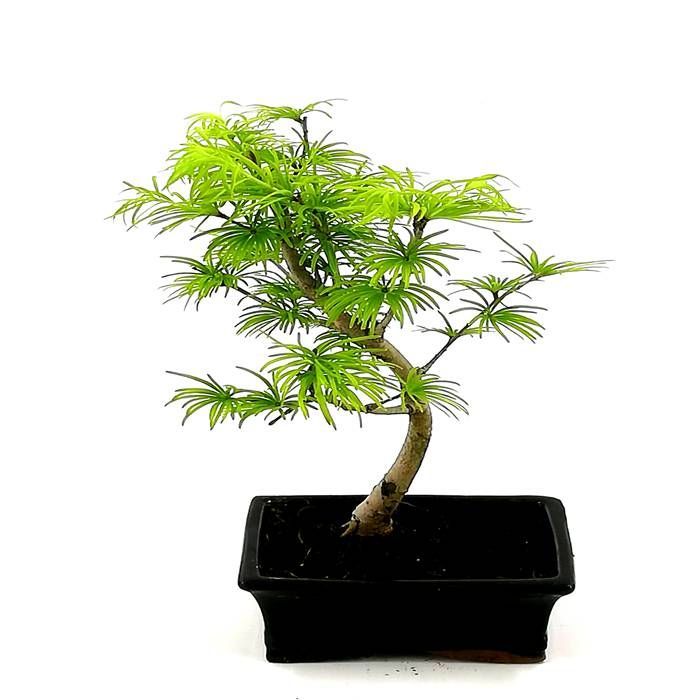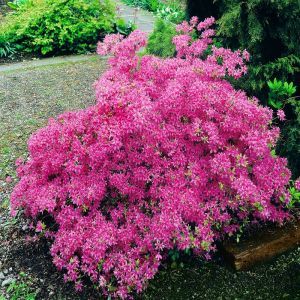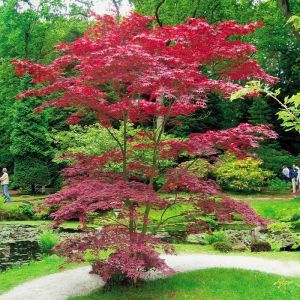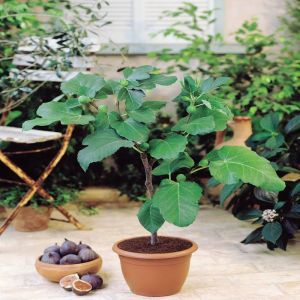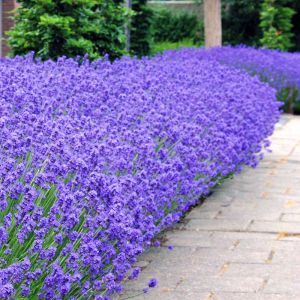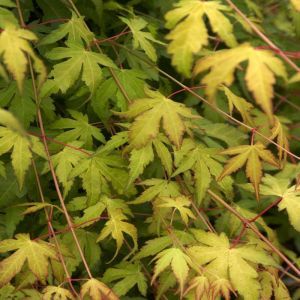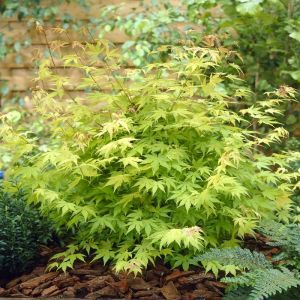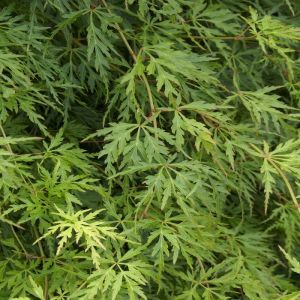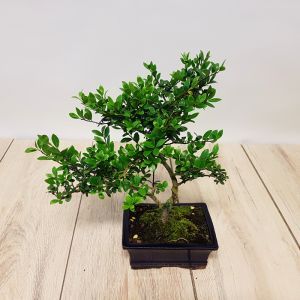Bonsai Pseudolarix
- 1 x Bonsai Pseudolarix
| Botanical name | Bonsai Pseudolarix |
|---|---|
| Category | Bonsai |
| Delivered as | Pot plant |
| Qty | 1x |
| Flowers | No |
| Fragranr | No |
| Cutflowers | No |
| Fruits | No |
| Edible | No |
| Location | Semi shade |
| Hardy | Yes |
| Groundcovering | No |
| Naturalizing | No |
| Plant Depth | 10cm |
| Preferred Soil | Well drained soil |
| Mature width | 30cm - 40cm |
| Poisonous | No |
| Size | Ø 15cm |
| USP | ginners tree |
How to take care of Bonsai Pseudolarix
Your Bonsai Pseudolarix requires a bright place but avoid direct sunlight to prevent withering. For a successful indoor bonsai you need to provide good sunlight and fresh air movement, additional humidity will also help. If this cannot be provided then grow your bonsai as an outdoor specimen in a sheltered location. Daily watering of the roots and sprinkling of the leaves is necessary. When the top of the soil looks dry, immerse the pot in water (just over the rim of the pot) until air bubbles cease, your Bonsai Pseudolarix must remain damp at all times. Take the pot out of the water and drain. Do this once a week. Feed once every 2 weeks from spring to late summer with a Fertilizer . Trim Bonsai Pseudolarix regularly with a sharp pair of scissors, as new shoots emerge shape some of them with wire remove others this will encourage growth of dense twigs neat foliage. Pruning roots repotting is best done every two years in early spring when the roots will heal quickly, use compost that is free draining but moisture retentive, do not feed for a few weeks afterwards. ATTENTION: in autumn the tree tends to lose part of its leaves, do not worry; the tree is not dead, new foliage will appear. Do not leave Bonsai Pseudolarix outside during frosty periods. Place in a conservatory or unheated room.
Brown crisp leaves : Lack of water. Leaf turning yellow : Over watering. Glossy, sticky leaves: Your tree may have Aphids.


